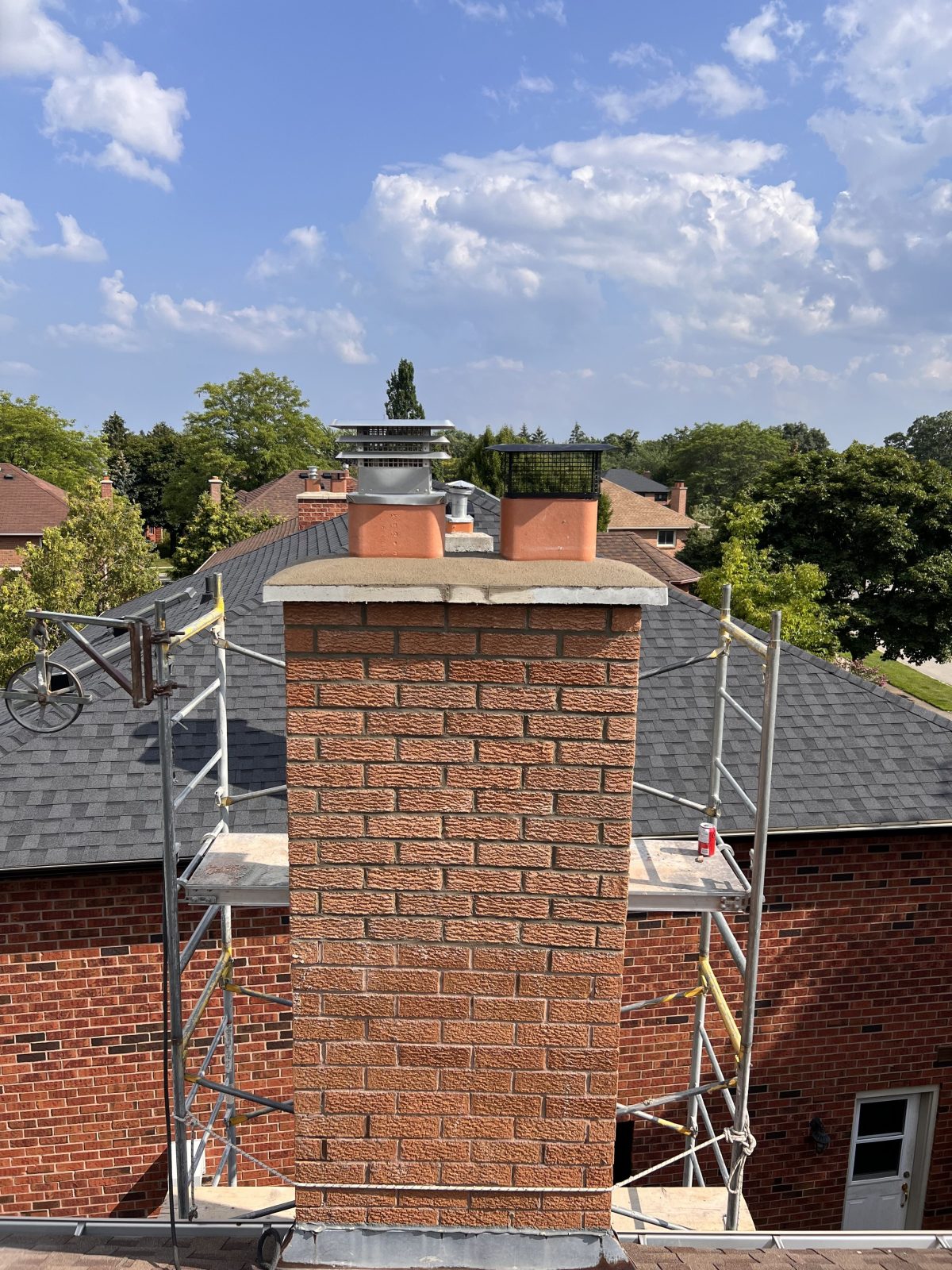Introduction: Chimneys, often overlooked yet essential components of our homes, play a crucial role in maintaining indoor air quality, energy efficiency, and overall safety. While they may seem sturdy and reliable, chimneys require regular maintenance to function effectively and prevent potential hazards. In this article, we delve into the importance of chimney maintenance and why investing in routine care is a wise decision for homeowners.
Preserving Indoor Air Quality: One of the primary functions of a chimney is to expel combustion byproducts, such as smoke, carbon monoxide, and other pollutants, from the home. However, over time, debris, creosote buildup, and even animal nests can obstruct the chimney’s flue, impeding proper ventilation and leading to indoor air pollution. Regular chimney cleaning and inspection help mitigate these risks, ensuring that harmful substances are safely vented outside and maintaining healthy indoor air quality for occupants.
Preventing Fire Hazards: Creosote, a highly flammable substance formed during the combustion of wood, can accumulate inside chimneys, posing a significant fire hazard if not removed promptly. A neglected chimney with excessive creosote buildup increases the likelihood of chimney fires, which can spread rapidly and cause extensive damage to the home. By scheduling annual chimney inspections and cleanings, homeowners can identify and address creosote buildup early, reducing the risk of chimney fires and protecting their property from potential devastation.
Ensuring Structural Integrity: Like any other part of the home, chimneys are susceptible to wear and deterioration over time, especially in regions with harsh weather conditions. Cracked mortar joints, loose bricks, and water damage are common issues that compromise the structural integrity of chimneys, potentially leading to leaks, water infiltration, and even collapse. Regular chimney maintenance, including tuckpointing, brick repair, and waterproofing, helps preserve the chimney’s structural integrity, prolonging its lifespan and safeguarding against costly repairs or replacements down the line.
Enhancing Energy Efficiency: A properly functioning chimney contributes to the overall energy efficiency of the home by facilitating the efficient combustion of fuel and reducing heat loss. However, a poorly maintained chimney with obstructions or structural defects can impede proper airflow, causing inefficient combustion and wasted energy. By keeping chimneys clean, well-maintained, and structurally sound, homeowners can optimize the performance of their heating appliances, minimize energy consumption, and lower utility bills.
Conclusion: In conclusion, chimney maintenance is not merely a matter of convenience but a critical aspect of home safety, efficiency, and longevity. By prioritizing regular chimney inspections, cleanings, and repairs, homeowners can mitigate fire risks, preserve indoor air quality, maintain structural integrity, and improve energy efficiency. Investing in professional chimney maintenance ensures peace of mind, allowing homeowners to enjoy the warmth and comfort of their homes while safeguarding their families and property from potential hazards

